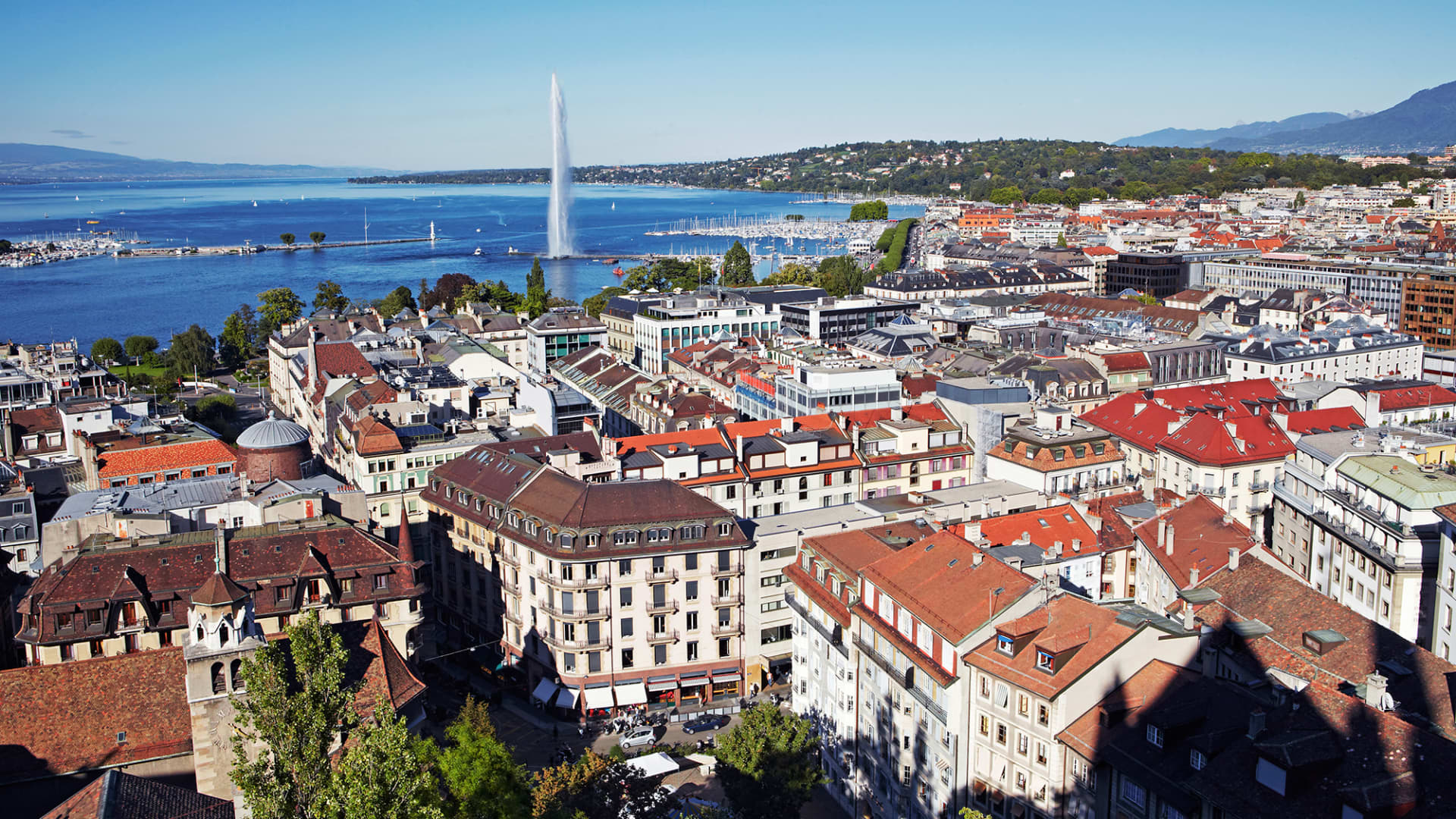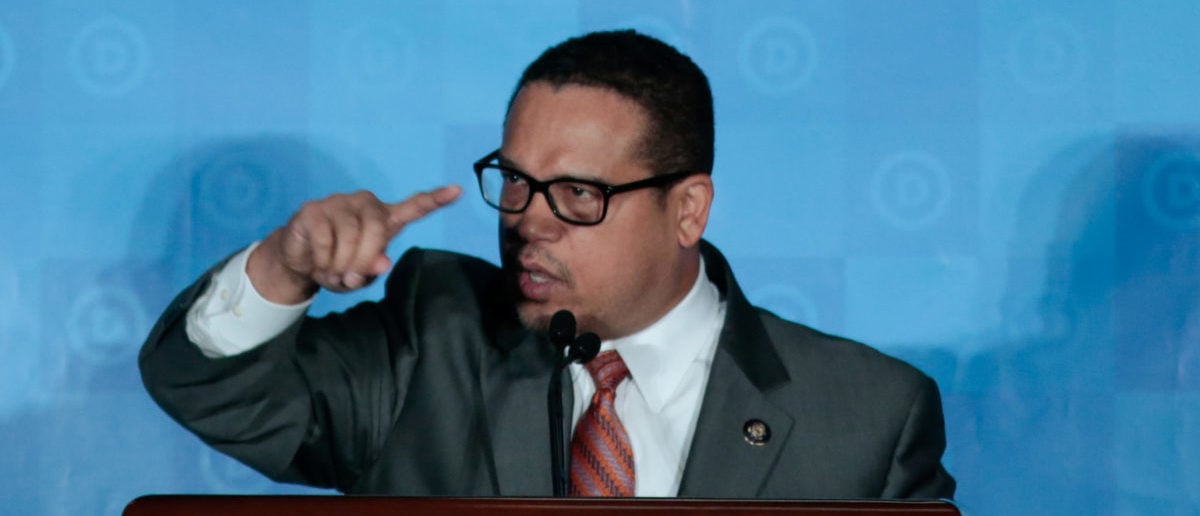... I had a guy I knew who started off as a part time employee of an auto parts store. Part time at the store was $8/hour. Today, he is now a branch store manager, making $60,000 a year.
If you had made the minimum wage $15/hours, they likely would never have hired him, and he wouldn't be where he is today.
Andylusion, if the minimum wage were $15 per hour, and an employer would not choose to hire “your guy” because he was over-priced, who would have been hired to manage the store?
{A} One alternative would be to close-down that retail outlet, which brings up another alternative. Other higher retail volume outlets could afford to pay their manager’s higher wages, because their higher payroll costs are justified by their lesser overhead costs per sales dollars. They'll "capture" much of the closed store's lost sales.
The store owners reduces their store’s hours and overhead, when sales volume’s do not justify the ($15/Hr. overhead). In such a case, competitors such as that of alternative [A] will capture those lost sales volumes.
[C] other methods of goods distribution, such as internet sales and home delivery, or sales through larger 24-hour supermarkets may be tried.
Within competitive open markets, (even in those markets affected by the federal minimum wage rate), the economy adjusts, everything’s in flux and subject to changes. There’s little that remains unchanged forever. Respectfully, Supossn
Andylusion, if the minimum wage were $15 per hour, and an employer would not choose to hire “your guy” because he was over-priced, who would have been hired to manage the store?
No one. The store would close.
Big Apple restaurants are feeling the heat from minimum wage hikes, cutting staff hours and even closing kitchens as they struggle to shoulder the extra payroll costs. Gabriela’s Restaurant and Teq…

nypost.com
Since the $15-an-hour minimum wage
hit New York City in December, Liz and Nat Milner say, they’ve been forced to slash their full- and part-time staff to 45 people from 60. Quality has suffered, they admit, and customers have noticed: They’re not coming in like they used to, and when they do, they’re spending less.
That's the point.
Who determines the value of the labor? Customers do. If the minimum wage, means the cost of labor is more expensive than the value to the customer, then customers stop buying the product or service.
If they stop buying the product or service, the store closes.
“We started by having to let go of the ladies who hand-made our tortillas. It’s certainly better when you can make your tortillas fresh for every taco,” Nat Milner said. “It made sense at $8 an hour but not at $15.”
Gabriela’s was then forced to lay off “two overnight cleaners, a whole level of middle management, the general manager, the extra servers we’d keep on in case it got busy — and then we started cutting hours.”
See?
Mandating a higher price for labor, doesn't mean the labor is worth the higher price. Customers are not going to pay $30 for a cheap taco, because some ladies that only roll tortillas, are now paid $15/hour.
The store owners reduces their store’s hours and overhead, when sales volume’s do not justify the ($15/Hr. overhead). In such a case, competitors such as that of alternative [A] will capture those lost sales volumes.
At the expense of lost jobs. There is no method where a competitor can capture lost sales, without cutting the expense somehow.
For example, you can mass produce the tacos above through a streamlines assembly. But... the quality is going to be lower, and you are using far fewer people, to produce more goods.
That means the customers lose out on quality. The employees lose out on jobs. More unemployment. More people on welfare. More people struggling or homeless. More mental health issues. And more people turning to crime, because they can't find legal work.


